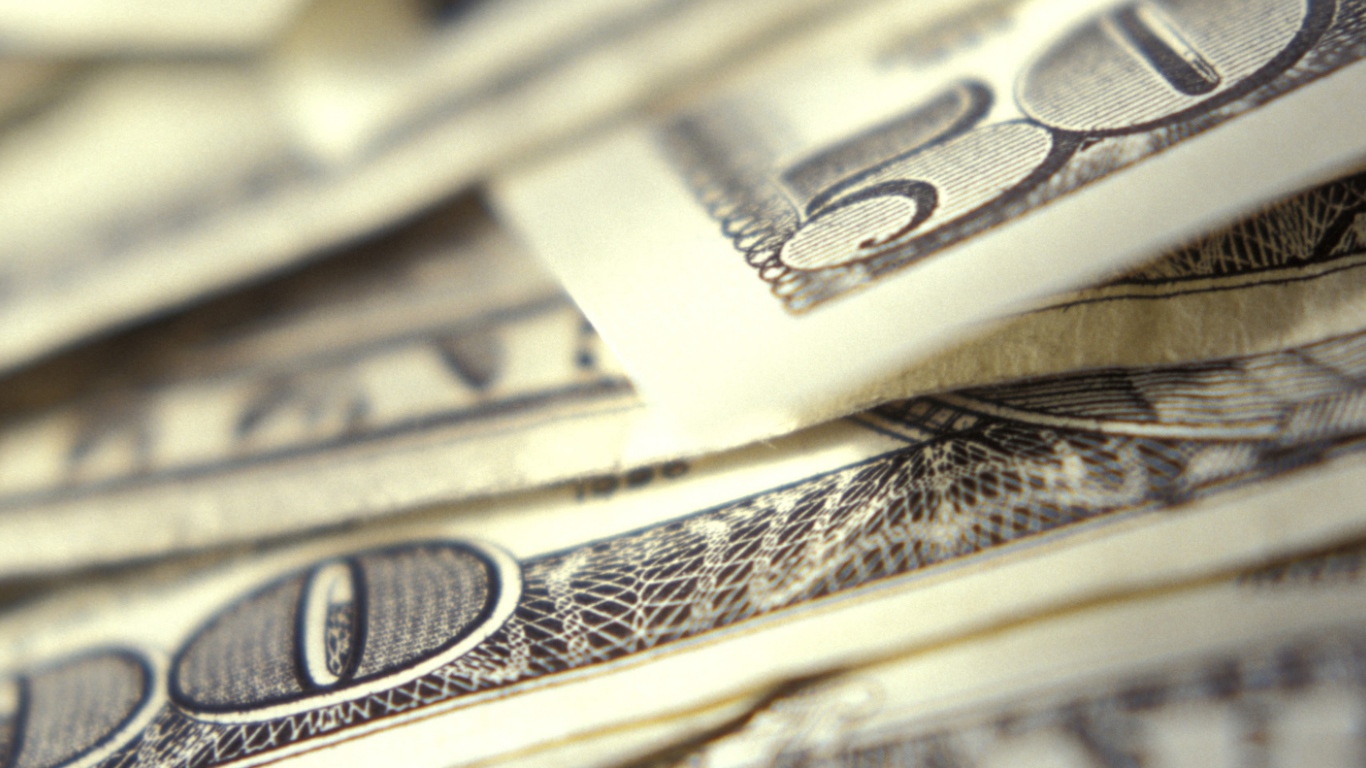
While Congress continues to debate a second relief package for American workers, most states are beginning to send letters to Americans who received unemployment benefits this year notifying them that they had been inadvertently overpaid and that they must now repay the overpayment amount. In many states, recipients are given a choice of making a lump sum repayment or having a portion deducted from future payments if any are forthcoming.
While the overpayments to unemployed workers have reached unprecedented levels as federal and state governments seek to soften the financial blow to many households, states make payment mistakes all the time. Until the COVID-19 pandemic is controlled, it is likely that the full extent of improper payments made this year won’t be accurately known. All indications are, however, that the total will be massive, given the $260 billion the CARES Act poured into expanded and extended unemployment benefits.
In Texas, state officials estimate that 231,000 people have been overpaid some $261 million this year. That’s an average overpayment of around $1,130. While that amount is relatively modest, in the three-year period from July 2016 through June 2019, the state’s benefits overpayment totaled just $79.7 million.
Officials in New Hampshire have discovered overpayments of $25 million made to nearly 10,000 workers for an average overpayment of around $2,500. In the three-year period between 2016 and 2019, New Hampshire overpaid unemployment benefits by less than $3.2 million.
It’s highly likely that many of the overpayments have been fraudulent. Some fraudulent claims may have been individuals, but the majority are likely due to hacking groups like Nigeria-based “Scattered Canary.” In June, the state of Washington said it had recovered some $300 million from the group, but officials don’t know how much had been fraudulently claimed. As of June 1, the state had paid out some $3.8 billion in unemployment benefits.
In September, Colorado said it had stopped some $750 million to $1 billion in improper payments, largely through the Pandemic Unemployment Assistance program established under the CARES Act to provide relief to self-employed workers and independent contractors.
Comprehensive state-level data for this year is not available, but the U.S. Department of Labor has compiled data for the period between July 1, 2016, and June 30, 2019, that shows how much each state (plus the District of Columbia and Puerto Rico) have improperly paid out in unemployment benefits. The following chart shows Labor Department data for the percentage of improper payments (either too little or too much) based on a state’s three-year total, the percentage of overpayments based on the three-year total and the dollar amount of overpayments by state.
About 11.6% of all unemployment benefits paid in the three-year period were made for improper amounts, and nearly 97% of those improper payments were overpayments. Unemployment benefits paid in the period totaled nearly $24 billion.
| State | Improper Payment Rate | Overpayment Rate | Improper Payment Estimate |
|---|---|---|---|
| Alabama | 8.96% | 8.89% | $10,331,587 |
| Alaska | 9.27% | 8.65% | $10,956,325 |
| Arizona | 12.02% | 11.96% | $26,003,769 |
| Arkansas | 9.16% | 8.69% | $9,131,706 |
| California | 8.02% | 7.79% | $434,992,802 |
| Colorado | 12.41% | 11.79% | $39,163,931 |
| Connecticut | 16.63% | 16.39% | $71,509,152 |
| Delaware | 6.79% | 6.35% | $4,955,795 |
| District of Columbia | 11.69% | 10.80% | $11,085,780 |
| Florida | 10.84% | 10.72% | $29,962,886 |
| Georgia | 3.92% | 3.90% | $9,683,205 |
| Hawaii | 3.61% | 3.16% | $7,586,641 |
| Idaho | 12.76% | 12.24% | $11,230,126 |
| Illinois | 11.27% | 10.52% | $165,276,511 |
| Indiana | 8.88% | 8.67% | $13,150,194 |
| Iowa | 9.52% | 9.08% | $33,919,345 |
| Kansas | 19.04% | 18.78% | $20,707,717 |
| Kentucky | 17.43% | 17.23% | $25,936,535 |
| Louisiana | 10.70% | 10.47% | $9,789,818 |
| Maine | 8.27% | 8.00% | $4,055,199 |
| Maryland | 20.34% | 20.24% | $96,526,778 |
| Massachusetts | 21.44% | 20.78% | $249,271,989 |
| Michigan | 41.27% | 41.01% | $189,940,328 |
| Minnesota | 7.55% | 7.34% | $55,086,536 |
| Mississippi | 9.34% | 9.24% | $4,788,673 |
| Missouri | 7.32% | 7.18% | $17,308,202 |
| Montana | 8.86% | 8.54% | $11,357,136 |
| Nebraska | 13.10% | 12.91% | $8,074,446 |
| Nevada | 11.72% | 11.40% | $30,660,353 |
| New Hampshire | 10.31% | 9.87% | $3,151,543 |
| New Jersey | 13.06% | 11.62% | $203,406,561 |
| New Mexico | 5.55% | 5.16% | $7,627,817 |
| New York | 13.80% | 13.28% | $270,438,298 |
| North Carolina | 22.23% | 21.84% | $17,050,493 |
| North Dakota | 11.20% | 11.06% | $7,456,901 |
| Ohio | 13.11% | 12.80% | $80,858,629 |
| Oklahoma | 5.70% | 5.41% | $12,924,836 |
| Oregon | 12.61% | 12.11% | $50,482,713 |
| Pennsylvania | 9.10% | 8.92% | $142,397,709 |
| Puerto Rico | 7.05% | 6.33% | $4,912,325 |
| Rhode Island | 18.13% | 17.82% | $21,104,519 |
| South Carolina | 11.01% | 10.88% | $16,184,246 |
| South Dakota | 7.85% | 7.66% | $2,030,182 |
| Tennessee | 17.05% | 16.78% | $27,168,938 |
| Texas | 7.96% | 7.80% | $79,718,089 |
| Utah | 5.23% | 5.14% | $5,858,665 |
| Vermont | 5.36% | 5.06% | $1,685,945 |
| Virginia | 12.01% | 11.73% | $27,885,336 |
| Washington | 13.78% | 13.55% | $115,071,325 |
| West Virginia | 4.81% | 4.54% | $9,583,405 |
| Wisconsin | 15.01% | 14.58% | $55,372,907 |
| Wyoming | 9.69% | 9.28% | $5,446,797 |
Are You Ahead, or Behind on Retirement? (sponsor)
If you’re one of the over 4 Million Americans set to retire this year, you may want to pay attention. Many people have worked their whole lives preparing to retire without ever knowing the answer to the most important question: are you ahead, or behind on your retirement goals?
Don’t make the same mistake. It’s an easy question to answer. A quick conversation with a financial advisor can help you unpack your savings, spending, and goals for your money. With SmartAsset’s free tool, you can connect with vetted financial advisors in minutes.
Why wait? Click here to get started today!
Thank you for reading! Have some feedback for us?
Contact the 24/7 Wall St. editorial team.
 24/7 Wall St.
24/7 Wall St.

